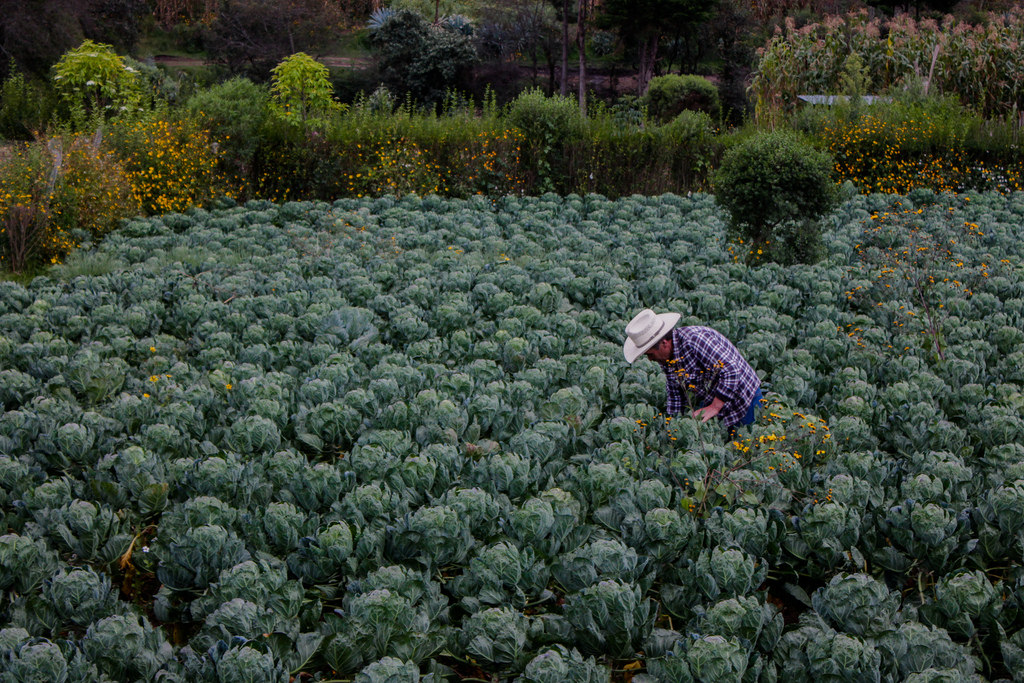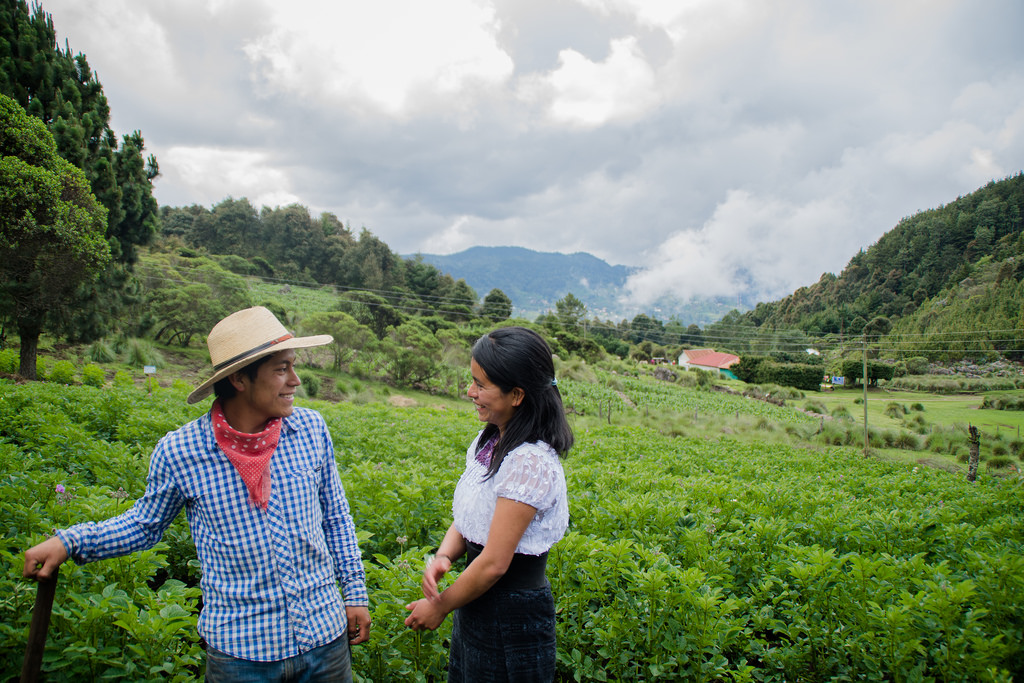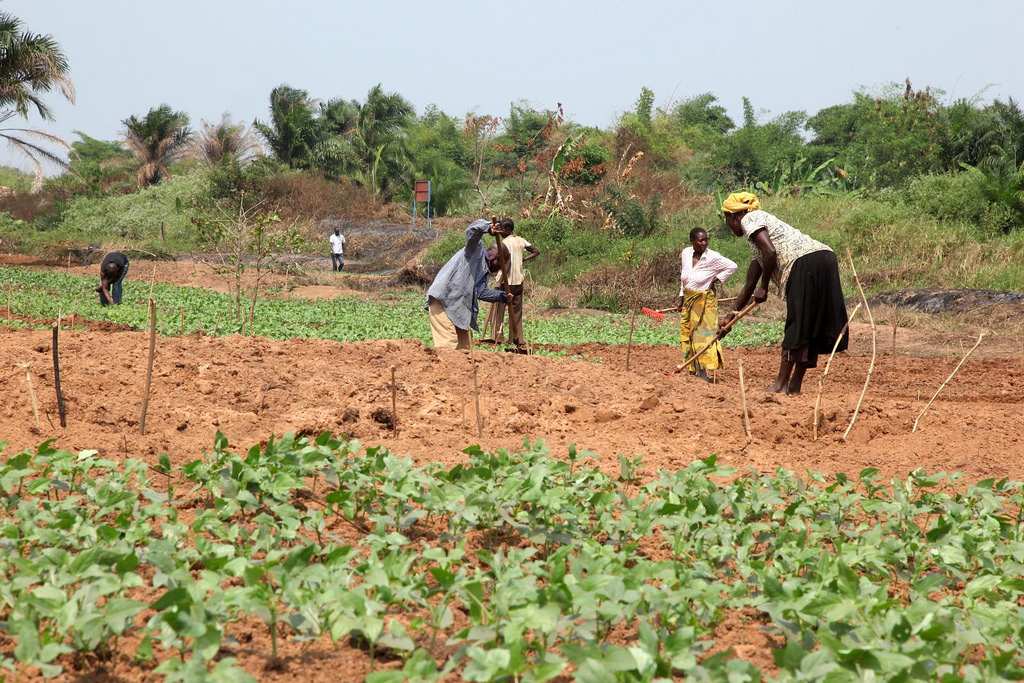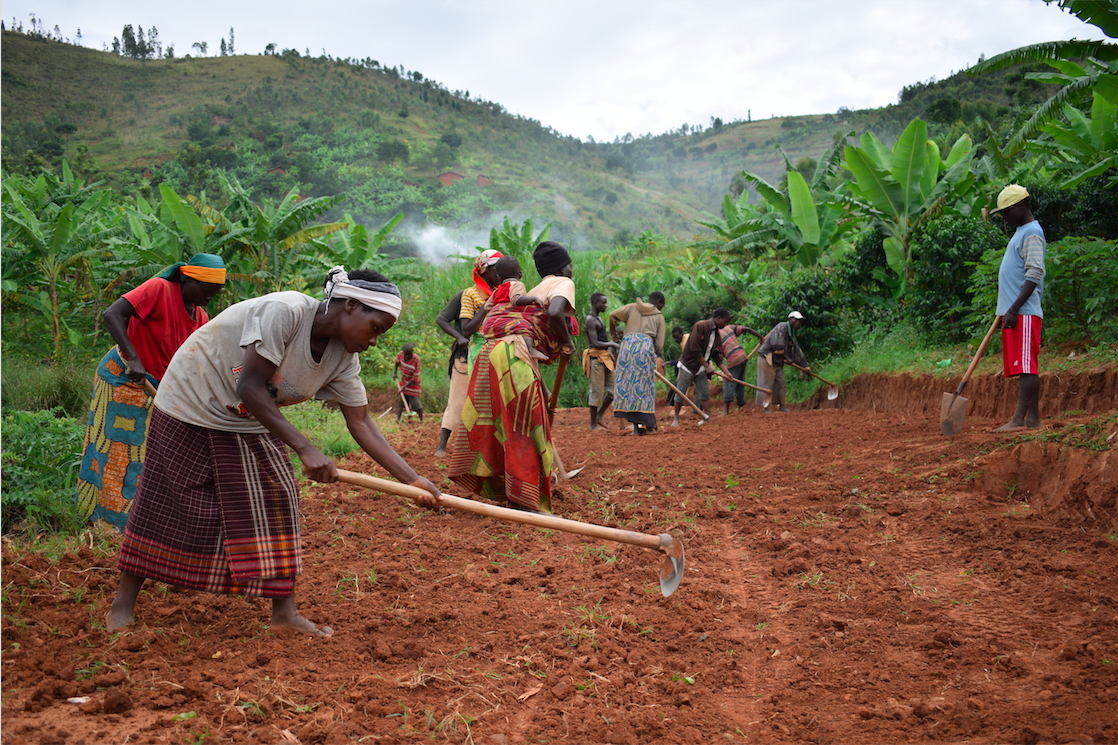Agriculture plays a key role in addressing the global challenge of climate change. Agriculture needs to contribute to limit global warming by reducing emissions, and the global goal of eliminating hunger can only be met through an immediate focus on adaptation in agriculture.
Climate finance is on the rise but agriculture only receives a small share of adaptation funding despite the prominence of agriculture in countries’ national adaptation priorities.
It is not just private sector finance that favours other sectors such as energy, but also public international climate finance.
In some ways this not surprising as it continues the patterns of relatively low levels of international development funding flowing into the sector. Agriculture is complex. There are many small and diverse stakeholders, they are geographically dispersed and operate in manifold production systems, some of which blend subsistence and commercial production objectives. They are often poorly served by infrastructure and other public and financial services, key factors in a conducive investment climate.
However, the international community has committed to increasing the flow of funds to adaptation in agriculture not least through the Green Climate Fund, which in its first full year of operation in 2016 amounted to more than half of the approved grants and loans from multilateral climate funds.
In the photo: Working together is essential to strengthen agriculture techniques in every community in Guatemala. Credit: ©FAO/Luis Sánchez Díaz
So what is needed to ensure that increased funding for adaptation in agriculture, in particular targeting smallholders, will achieve greater resilience to climate change?
Adaptation projects in agriculture need to assist millions of smallholders to shift their practices away from non- resilient to resilient pathways.
Many good practices already exist which can be complemented by targeted innovation. But an assessment of options must be grounded in a thorough understanding of what it is that smallholders need to adapt to.
What will be the impacts of climate change in a particular geographic area and what does that mean for the viability of existing production systems? What are alternative options that are suitable in the new climate scenario given natural resource endowments and socioeconomic contexts? Knowing about suitable alternatives does not automatically lead to adoption.
Smallholders face many barriers. Information is one, but also limited resources, physical and financial, tenure insecurity and insufficient access to adequate financial services can inhibit adoption. Suitable services are needed to finance investments to shift to a new production system, to bridge the period before investments will pay off in terms of greater yield and to allow smallholders to manage shocks.
For smallholders who cannot access appropriate insurance products, social protection can complement technical support to ensure that they do not fall back on solutions that ensure subsistence now but cannot sustain livelihoods over the longer term.
In the photo: Men and Women working together in the Democratic Republic of the Congo Credit: ©FAO/Frank Ribas
Smallholders will only adopt systems that meet their particular needs. Scientific and technical analysis therefore always has to be complemented by participatory approaches that allow farmers to identify their priorities and preferences and the assets they can employ to build a more sustainable future for themselves.
Because smallholder are small players individually, supporting them to strengthen groups and associations to access information and services and market produce is essential and builds their social capital.
Successful adaptation projects are grounded in national strategies, including National Adaptation Plans, Nationally Determined Contributions, and sectoral development plans. This ensures they respond to national and sub-national priorities, and facilitates the pursuit of complementarity with other initiatives.
Projects are time bound. They can be catalysts for change, but this change, new knowledge, new services, new assets, needs to be managed and sustained beyond the timeframe of the project.
That is why all projects need to be anchored in national institutions and create relevant capacities in extension services, universities and training institutes to continue good practice and innovation. And because better information is so critical to design solid interventions to meet climate challenges, it is particularly important that adaptation projects include strong monitoring and evaluation systems that can generate information not just for sound project management but also to inform what should be a steady increase in future investments.
The views expressed in this information product are those of the author(s) and do not necessarily reflect the views of the Food and Agriculture Organization of the United Nations (FAO).
Cover: Un agricultor de San Marcos, Guatemala, recolecta el cultivo de su parcela. ©FAO/Jorge Rodríguez












